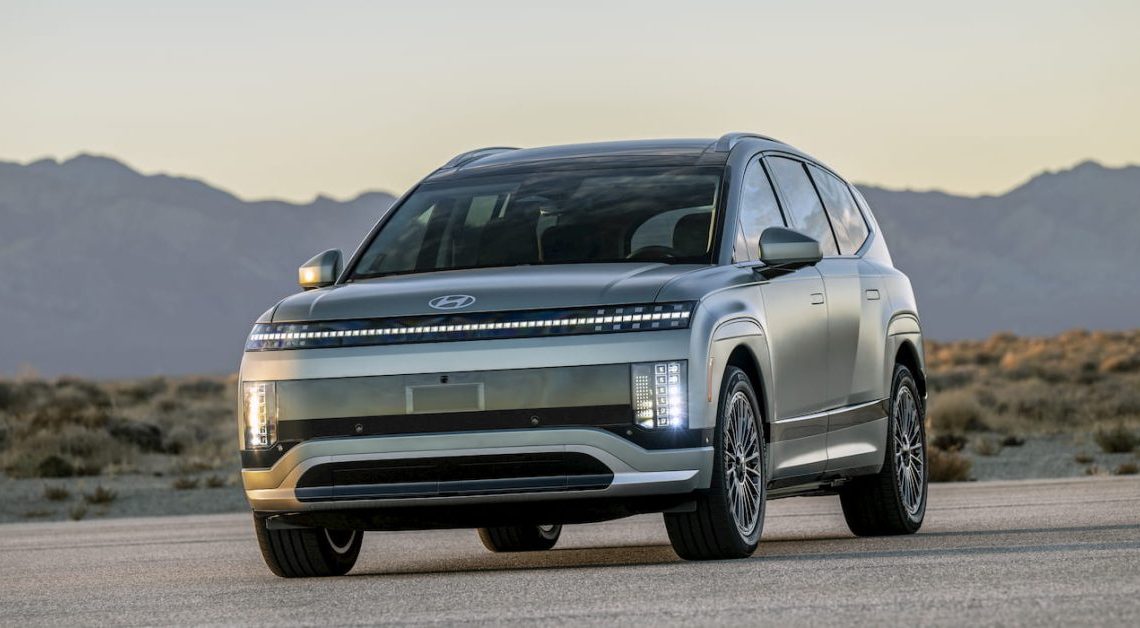
Hyundai and Kia are pouring a record $86 billion into Korea to re-energize the auto industry and turn it into a global EV export hub. The move comes on the heels of the new US-South Korea trade agreement.
Hyundai boosts domestic production after US trade deal
Hyundai Motor, including Kia, announced plans to invest KRW 125.2 trillion ($86 billion) in South Korea on Sunday, its largest-ever domestic commitment.
The new investment is over 40% more than the KRW 89.1 trillion ($61 billion) Hyundai invested in Korea from 2021 to 2025.
Hyundai’s commitment comes after the US and South Korea signed a new trade deal on Friday, reducing tariffs on Korean auto imports to 15% from 25%.
The funds will be used to jump-start Korea’s auto industry and position it as a global hub for electric vehicle production.
Hyundai will allocate funds across three key areas, including KRW 50.5 trillion to AI, Software-Defined Vehicles (SDVs), electrification, robotics, and hydrogen. Another KRW 38.5 trillion is dedicated to researching and developing new products and core tech, while the remaining KRW 36.2 trillion will be used to boost domestic production.
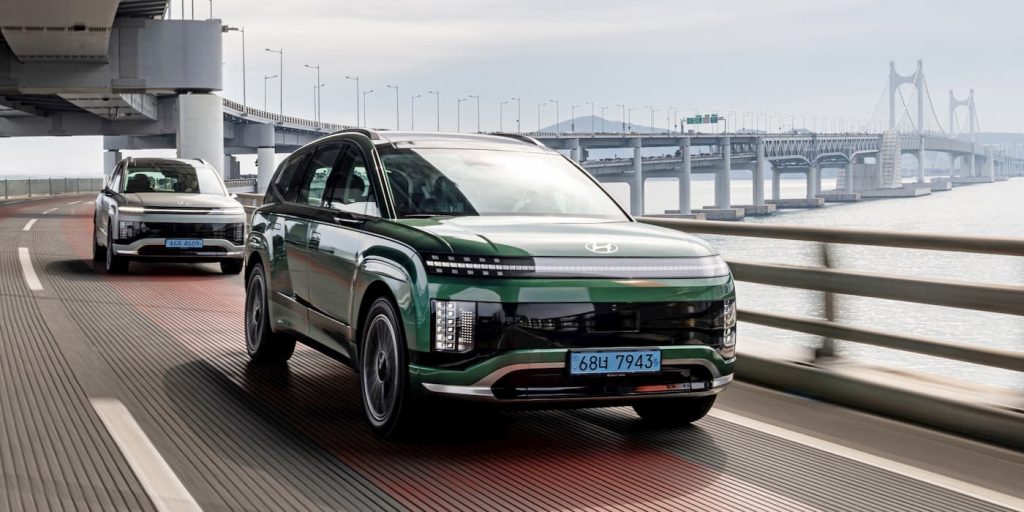
The Group plans to establish new EV-dedicated production plants while upgrading existing facilities for new vehicle launches.
On Friday, Kia opened its first dedicated production plant to build its Platform Beyond Vehicle (PBV) electric vans, starting with the PV5.
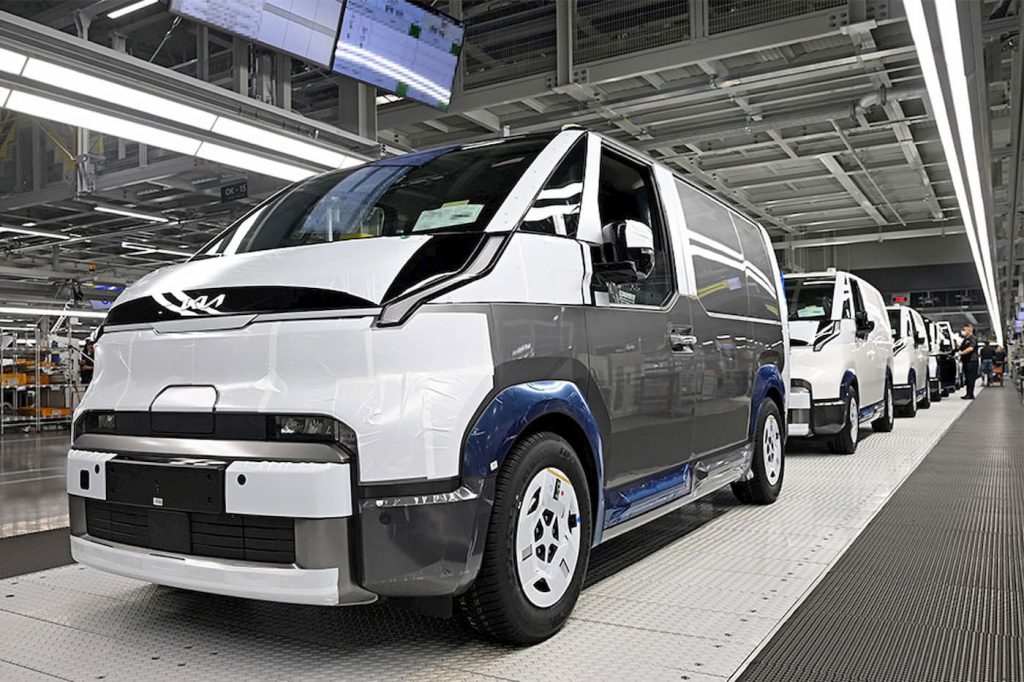
By 2030, Hyundai aims to export 2.47 million vehicles, up from 2.18 million in 2024. Hyundai expects electrified vehicle exports, including EVs, PHEVs, HEVs, and FCEVs, will more than double from 690,000 in 2024 to 1.76 million by the end of the decade.
According to Reuters, Hyundai Motor Chairman Euisun Ching met with South Korean President Lee Jae Myung and other domestic business leaders on Sunday, following the US-Korea trade deal.
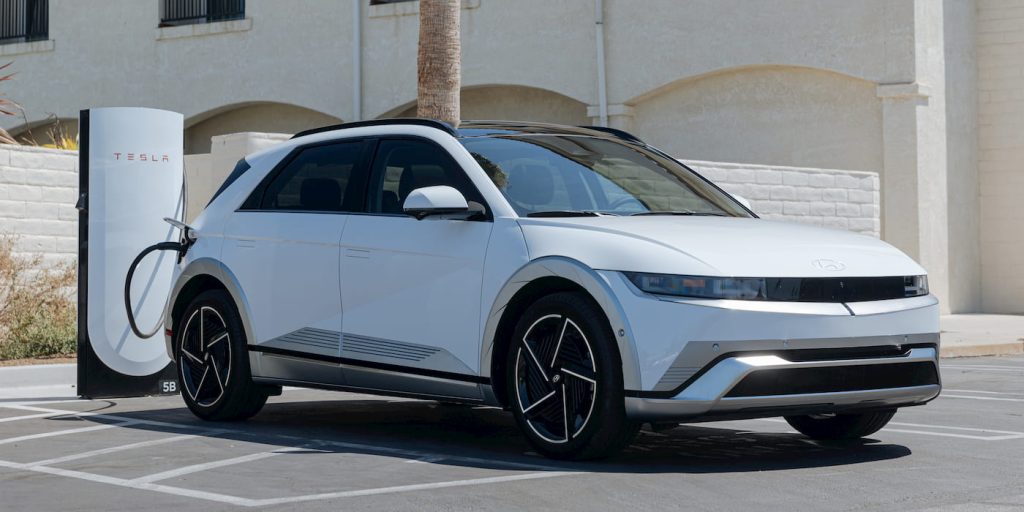
As part of the agreement, South Korea agreed to invest $350 billion in the US, sparking concerns that it could put the domestic auto industry at a disadvantage.
“We are well aware of concerns about exports declining and domestic production shrinking due to US tariffs of 15%,” Chung said.
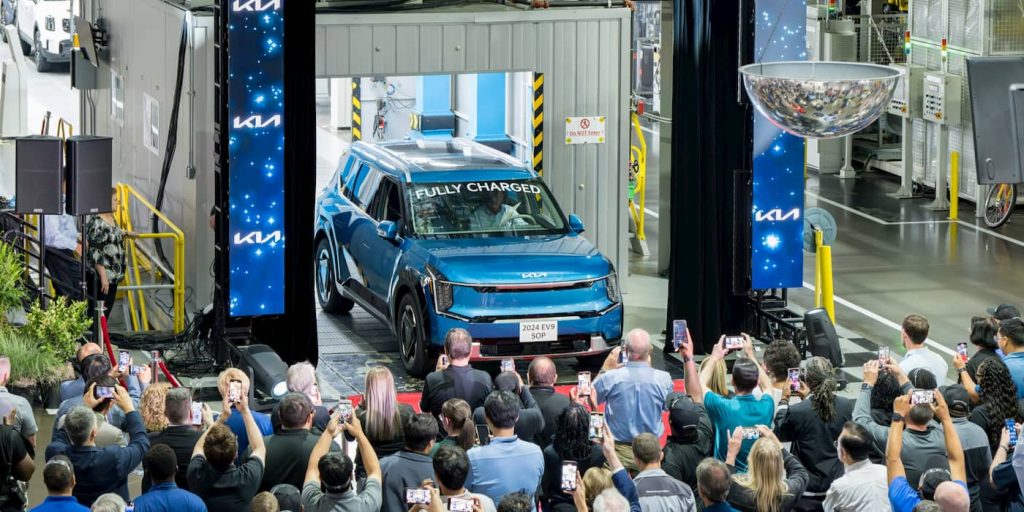
Hyundai’s chairman added, “We will diversify export markets, increase exports from domestic factories, and more than double auto exports through new electric-vehicle factories by 2030.”
The Korean auto giant plans to cover the full amount of US tariffs by Hyundai and Kia’s first-tier suppliers this year, while supporting second and third-tier suppliers with new programs.
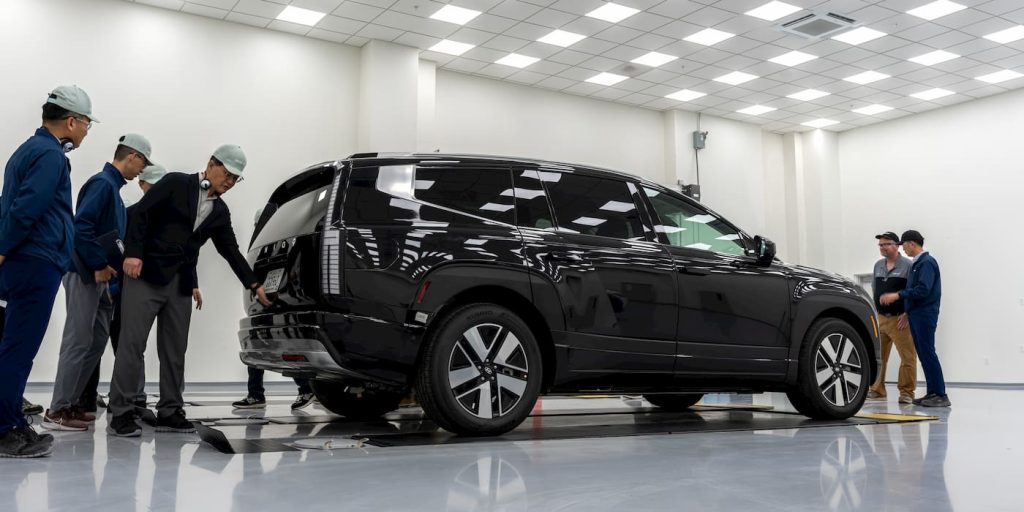
Hyundai will support suppliers by reimbursing the actual price they pay when supplying parts or other components to its US production plants.
Even with the tariffs, Hyundai and Kia are both coming off record third-quarter sales in the US. Combined, the Korean automakers sold over 480,000 vehicles in Q3, up 12% compared to the same period in 2024.
Without the $7,500 US tax credit, Hyundai and Kia have been making up the difference with some pretty hefty discounts.
Earlier this month, Kia launched a new $10,000 customer cash discount across every EV in its lineup. The Hyundai IONIQ 5 is still one of the most affordable EVs in the US, with leases starting at just $189 per month.
Are you looking to test drive one for yourself? We’re here to help. You can use our links below to see available Hyundai and Kia EVs near you.
- See Kia EV9 deals near you
- See Kia EV6 deals near you
- See Kia Niro EV deals near you
- See Hyundai IONIQ 5 deals near you
- See Hyundai IONIQ 6 deals near you
- See Hyundai IONIQ 9 deals near you
Author: Peter Johnson
Source: Electrek
Reviewed By: Editorial Team



